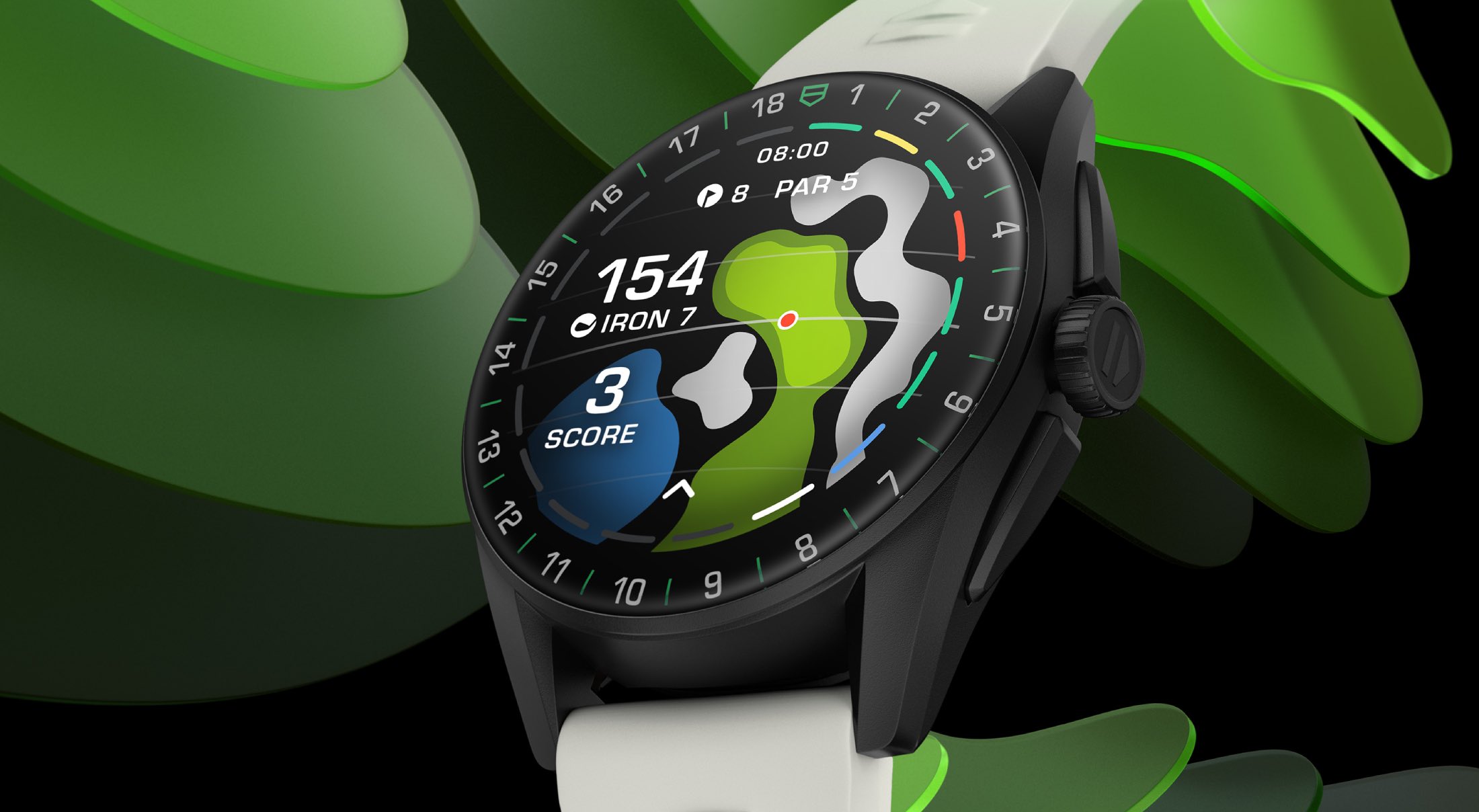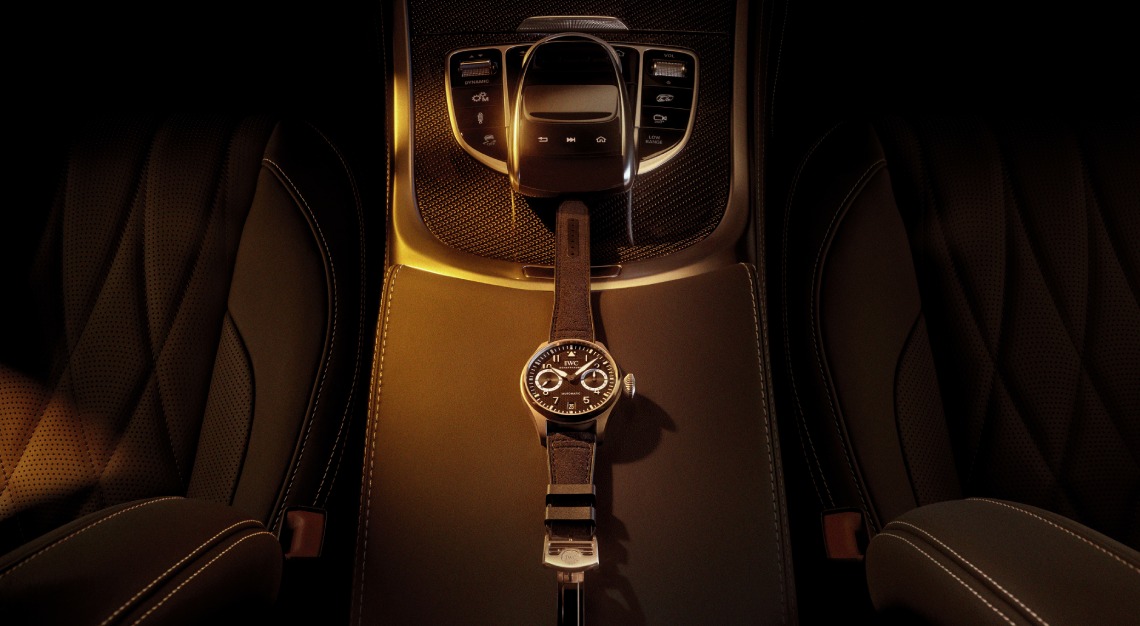Since its conception 55 years ago, the TAG Heuer Monaco collection has been destined to embody the spilt-seconds complication
As far as first impressions go, TAG Heuer fans will no doubt agree that the Split-Seconds Chronograph ranks among the most progressive versions of the Monaco. Here is a quick introduction to the Monaco collection and the star of TAG Heuer’s 2024 roll-out.
The Monaco took time to come into its own
The TAG Heuer Monaco, for all its motor rally-inspired bravado, took the scenic route to become established as one of the most iconic timepieces in contemporary watchmaking. Even though it sports a distinctive square-shaped silhouette that made it instantly identifiable, the Monaco had to slowly move through the gears.
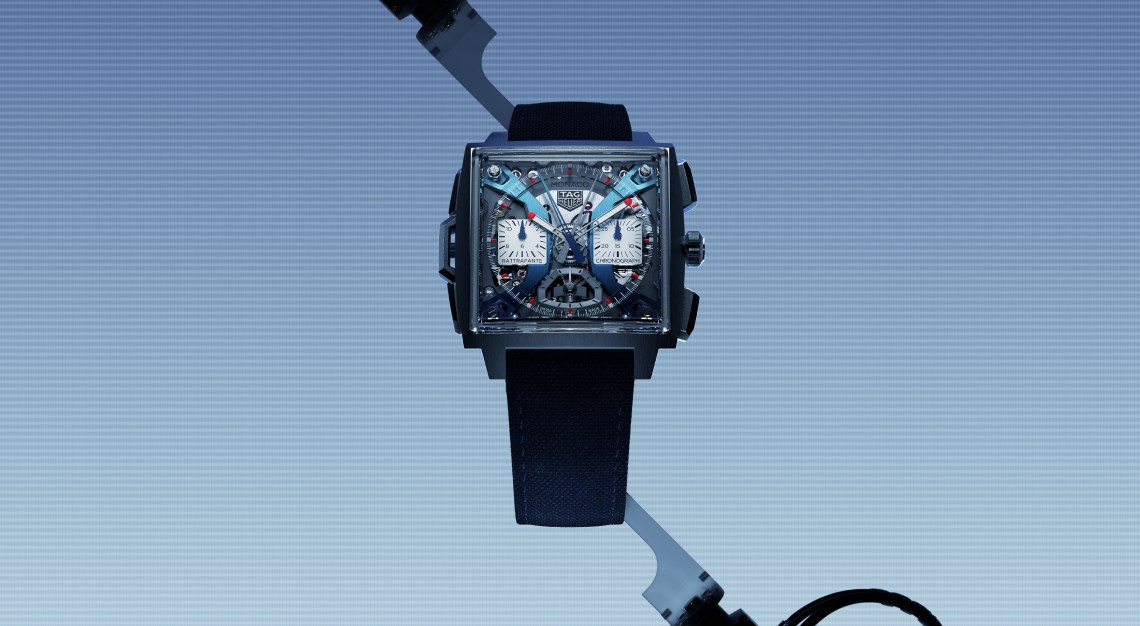
Groundbreaking in form and function
Birthed in 1969, the Monaco arrived with a sense of radicality that sat with the times. However, it wasn’t until two years later that the Monaco truly rose to fame, after it appeared in Le Mans, the classic racing movie that starred Steve McQueen.
The Monaco is a canvas for technical innovation
At its launch, Monaco’s water resistant square case—the first of its kind back then—stood out in a sea of round-shaped watches (it still does, actually). On the inside, the watch housed the Calibre 11. A pioneering automatic chronograph movement, the Calibre 11 was also a world-first, one which the Heuer company raced to introduce, as Seiko and Zenith had also rolled out their own versions in 1969.
Over the years, TAG Heuer would deploy the Monaco to launch its most adventurous technical innovations. The new Monaco Split-Seconds Chronograph, powered by one of the most technically accomplished chronograph complications ever made by the company, is further proof of its inimitable DNA.

It’s like a regular chronograph, but twice the prowess
A chronograph works like a stopwatch to measure an interval or lap time. A split-seconds chronograph, on the other hand, is an elevated version that allows the user to measure two interval timings concurrently, instead of just one.

Its ultra-light movement is built from scratch
Even though the split-seconds complication is exceedingly hard to construct, TAG Heuer chose to test its limits by building its own version from scratch. Enlisting the help of movement maker, Vaucher Manufacture Fleurier, the company created one of the world’s most complex spilt-seconds chronograph mechanisms.
Christened Calibre TH81-00, it is crafted almost entirely in titanium and weighs just 55 grams, making it one of the lightest automatic chronograph movements created by TAG Heuer. It is also what watch buffs call a ‘high-frequency’ movement, beating almost 30 per cent faster than regular chronograph movements to ensure greater timing precision.
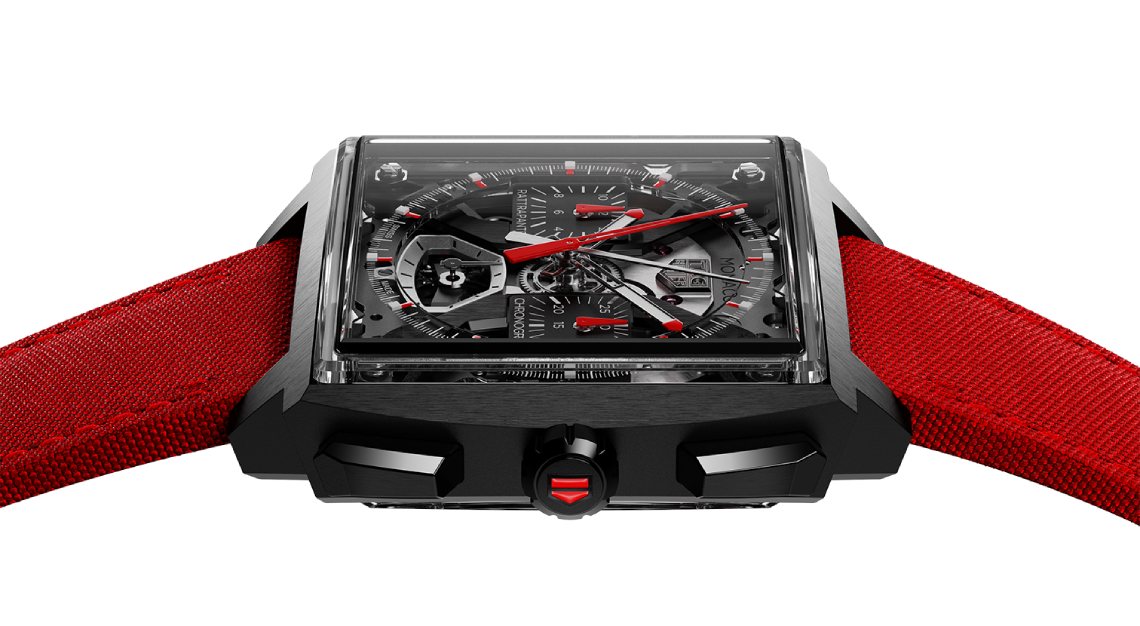
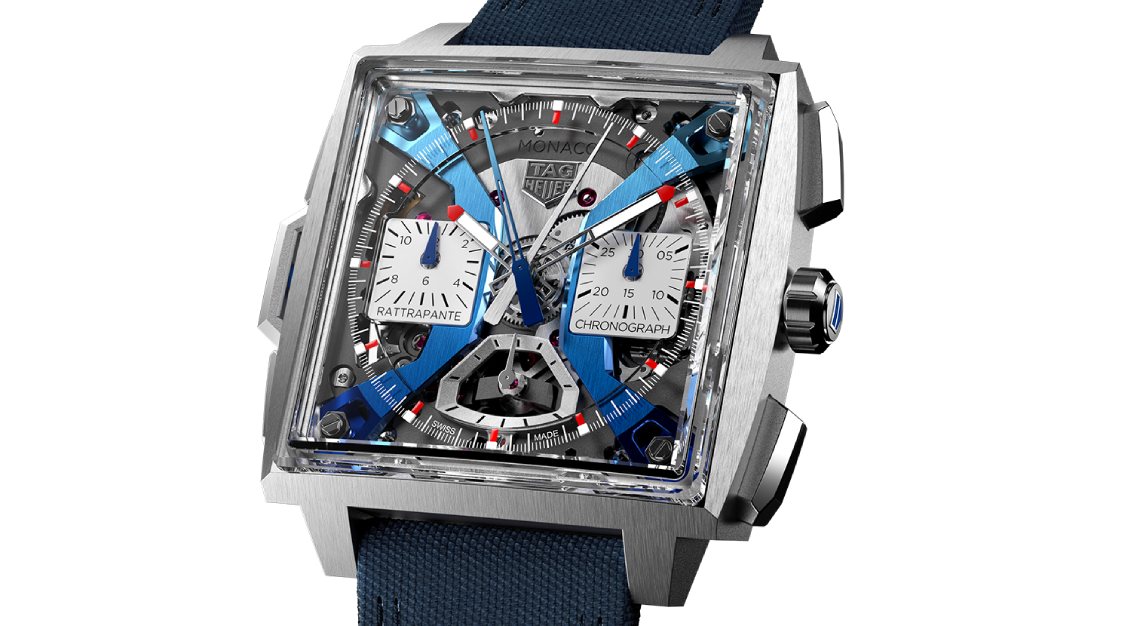
Red or blue – with plenty to see
The watch’s partially open-worked dial and open caseback show off the Calibre TH81-00’s multi-layered construction and whimsical decorative accents that reference the Monaco’s race-inspired spirit. The case, also made of lightweight titanium, comes in classic grey or sheathed in enigmatic black DLC coating, offering fans a choice of styles, complemented by blue or red colourways, respectively.



